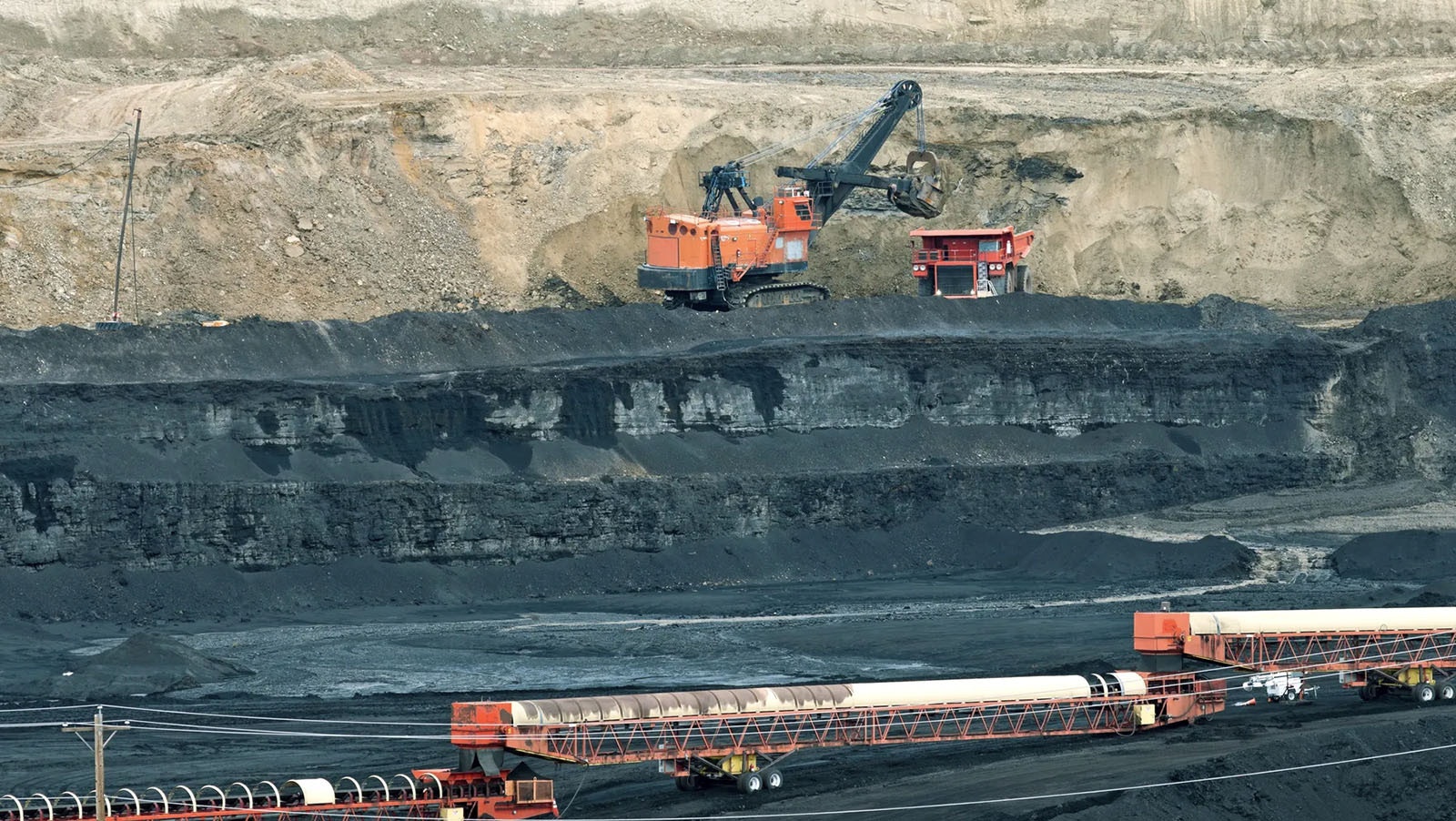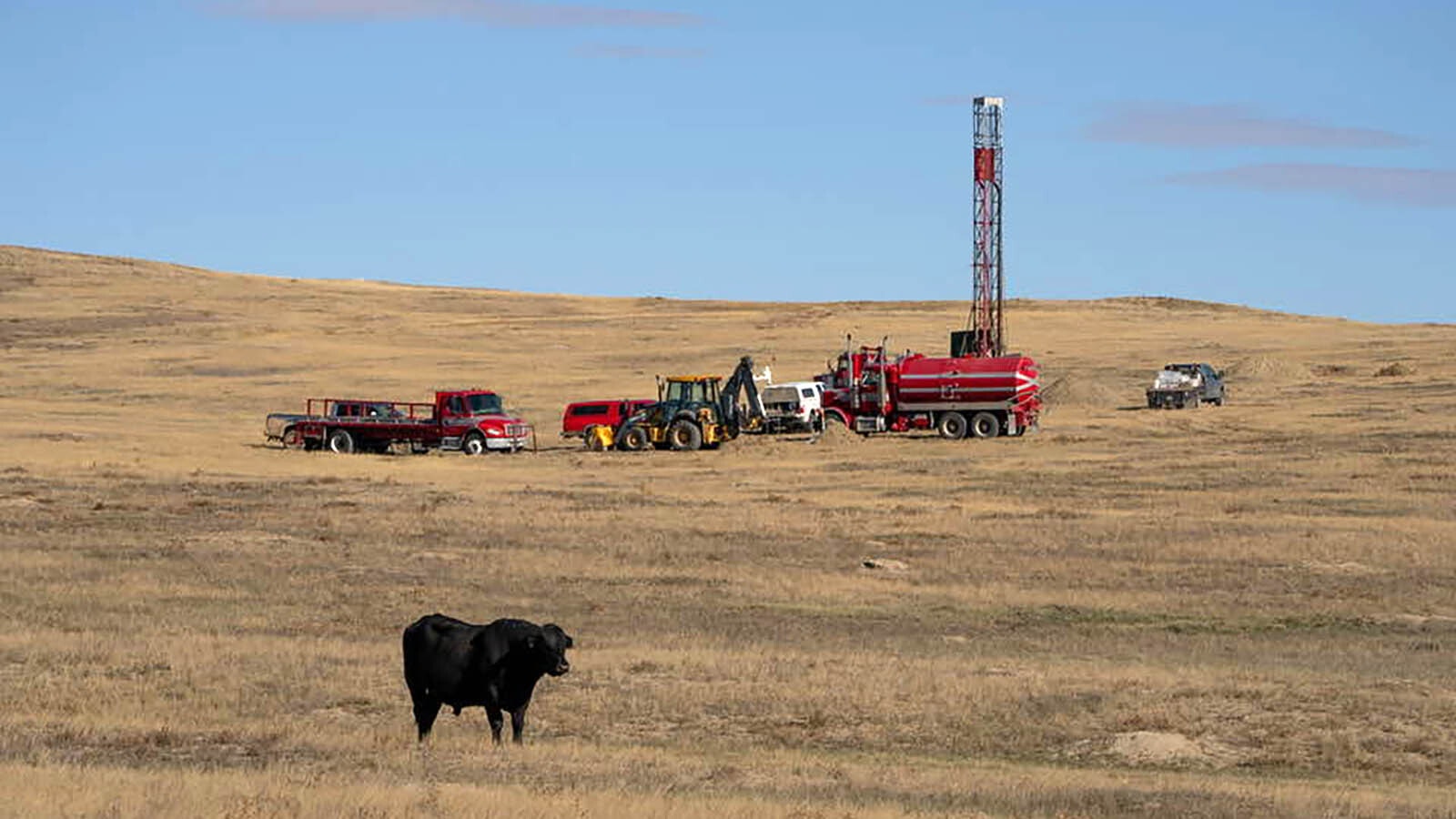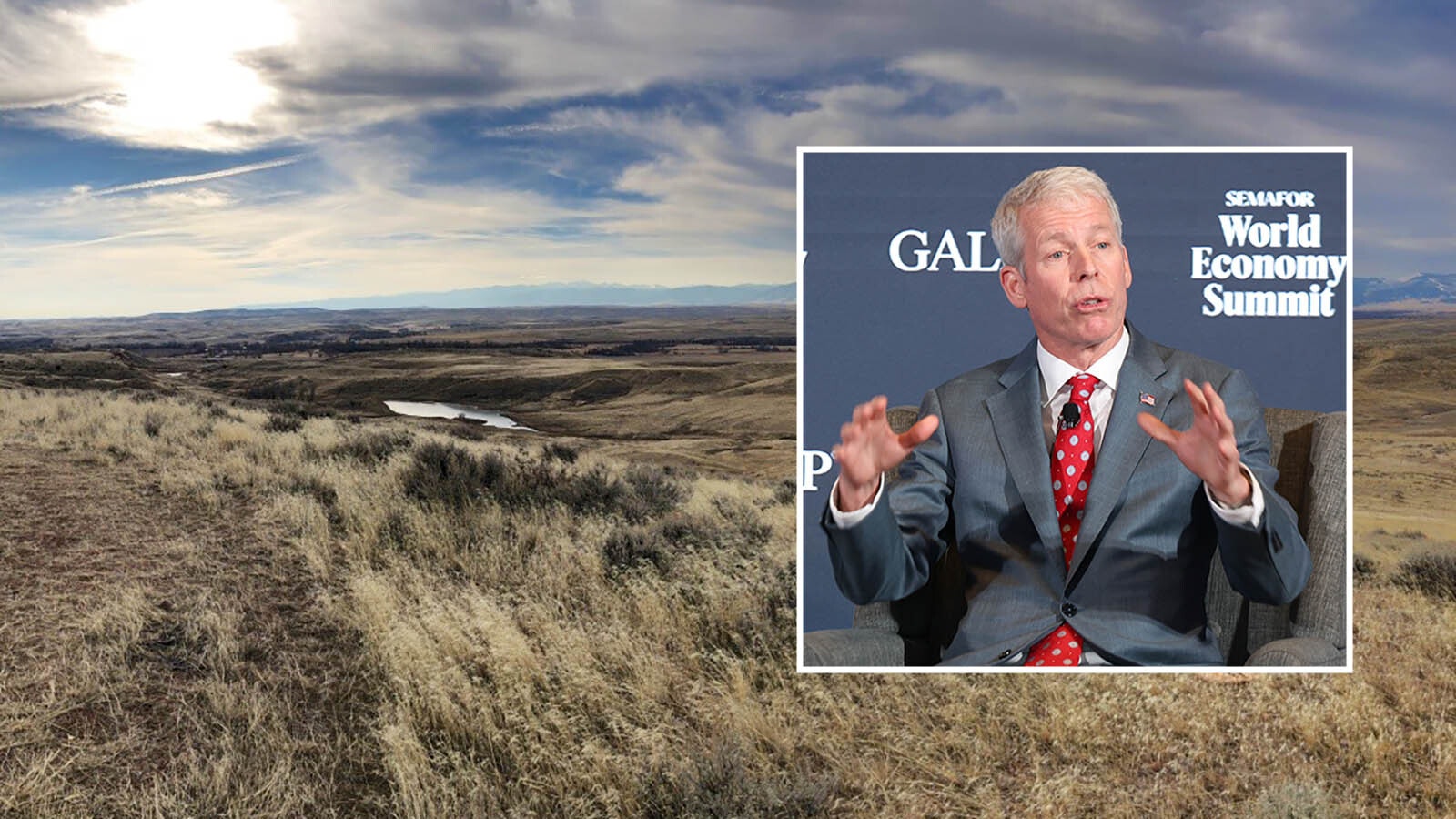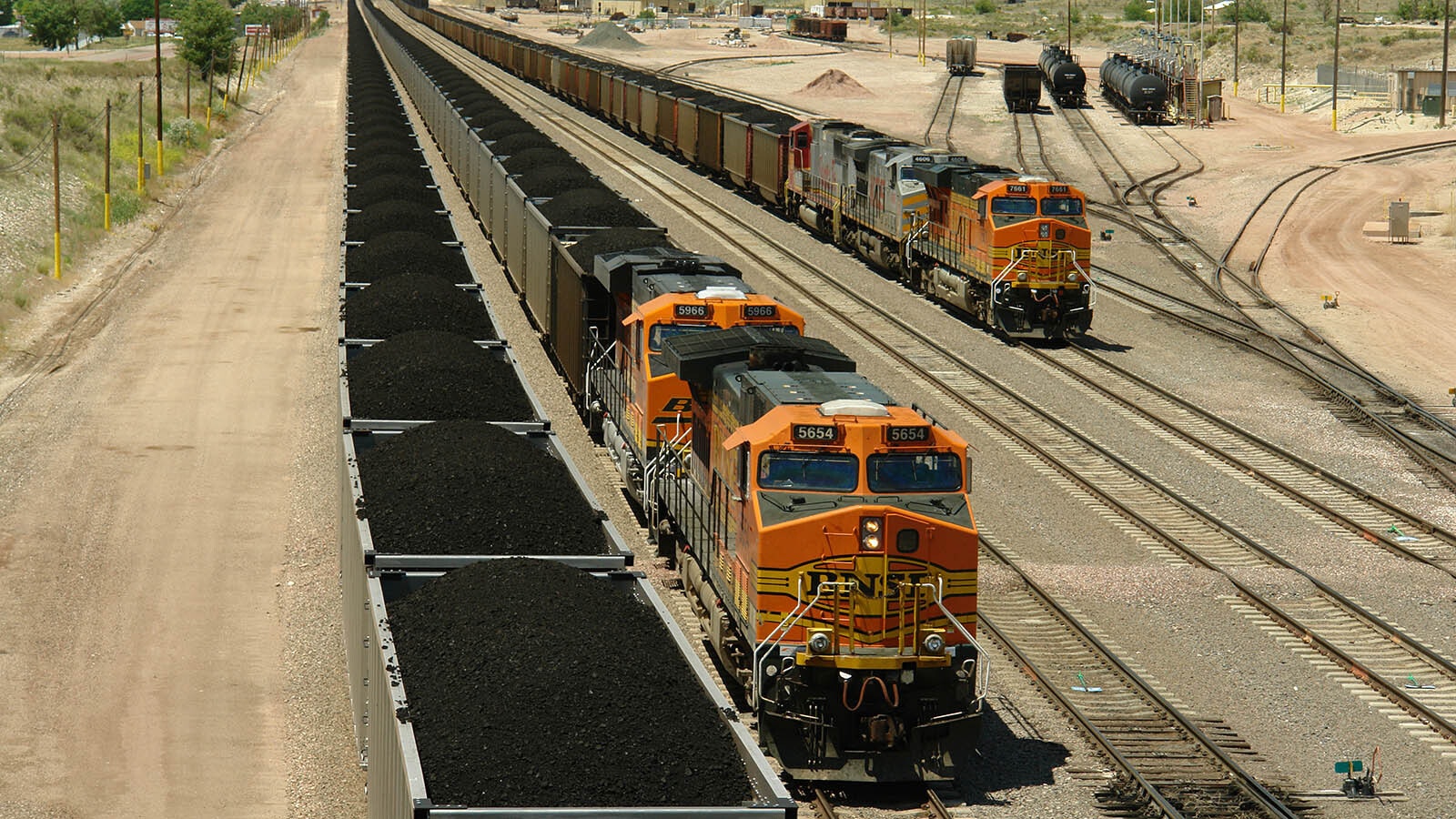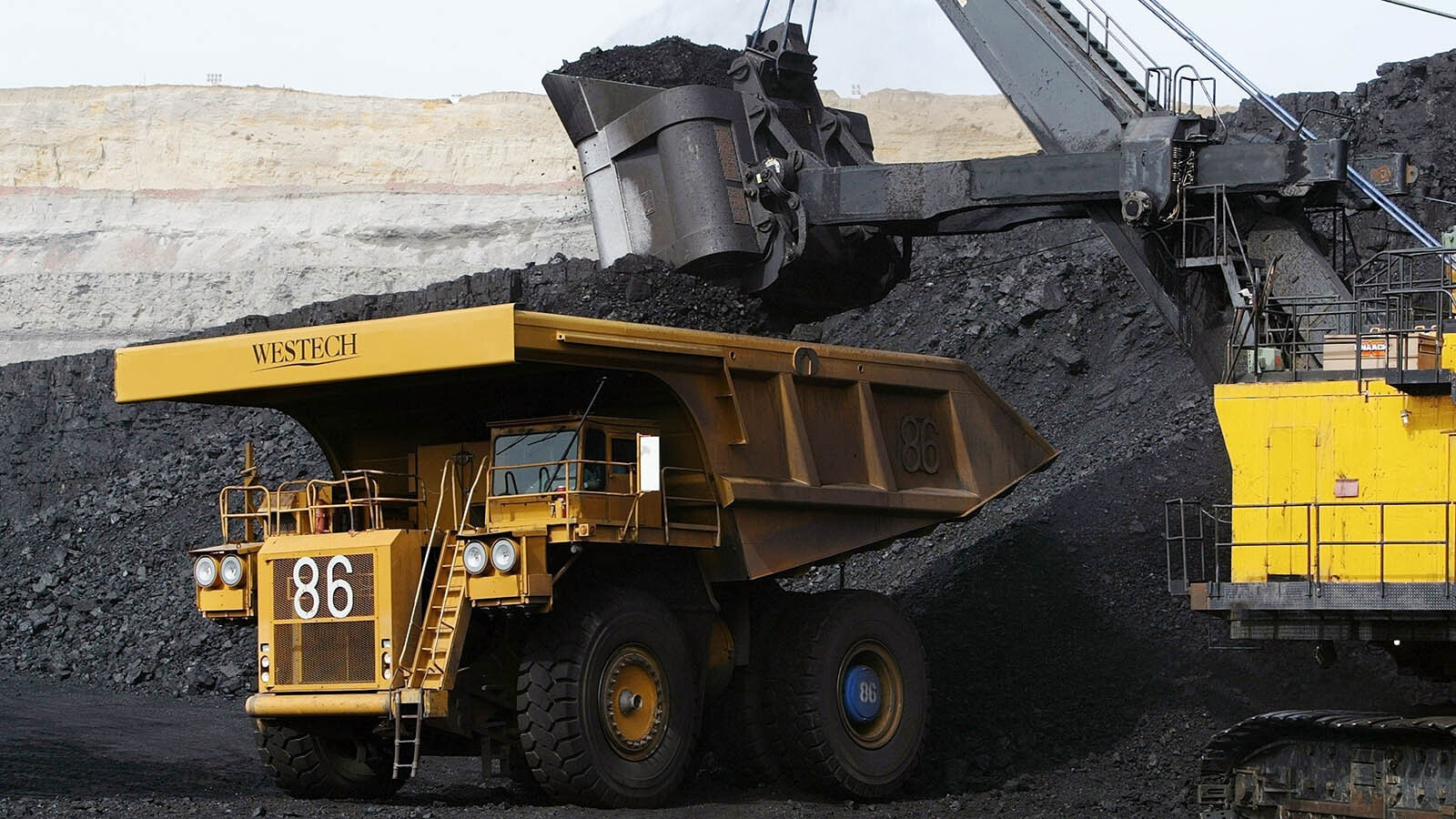An Obama-era moratorium on coal leasing could kill Wyoming’s coal production if it’s not ended, according to comments submitted to the Bureau of Land Management by Rob Creager, executive director of the Wyoming Energy Authority (WEA).
The BLM is conducting an environmental impact statement on the lease moratorium, which needs to be completed before the moratorium can be lifted.
Besides ending Wyoming’s coal industry, the moratorium threatens to undermine the nation’s electrical grid reliability and a potential source of rare earth elements needed for energy technologies, such as wind turbines, Creager warned.
Obama-Era Halt
The Barack Obama administration put the moratorium in place while a full review of the federal leasing program’s impact on climate change was conducted.
The moratorium applied only to thermal coal, which is used in electrical generation. Metallurgical coal, which is used in heavy industry, wasn’t impacted. Nearly all coal produced in Wyoming is thermal.
During the Trump administration, then-Secretary of the Interior Ryan Zinke rescinded the moratorium.
Several anti-fossil fuel groups, as well as four states including California, filed a lawsuit to require completion of the environmental assessment before the moratorium was lifted. Before the case was decided, the Biden administration reversed Zinke’s order, though Secretary of the Interior Deb Haaland did not reinstate the moratorium.
In August, District Court of Montana sided with the plaintiffs and reinstated the moratorium until a full environmental assessment is complete.
Political Atmosphere
As part of the environmental impact statement process, the BLM is taking public comments.
Creager told Cowboy State Daily that the University of Wyoming School of Energy Resources and Gov. Mark Gordon’s office worked with the WEA on the comments Creager submitted.
Creager wasn’t sure how receptive the audience will be to Wyoming’s comments. The Biden administration has been openly hostile to the fossil fuel industry, promising to end coal sooner than a decade.
“It is unfortunate when these sorts of issues get stuck in such a political kind of atmosphere,” Creager said.
He said if people are willing to listen and consider the results of technologies being developed in Wyoming, they would see the potential coal has for the future.
“It just makes the most sense,” he said.
Creager told Cowboy State Daily that it’s not only important for the state, but also the nation as a whole.
“It would make it nearly impossible for any operator to continue operations in the future if new PRB [Powder River Basin] leasing did not continue,” Creager wrote.
Multiple short- and long-term assessments by the North American Electric Reliability Corporation have warned of increasing blackouts during periods of high demand, such as winter storms and summer heat waves, due to the lack of thermal capacity on the grid, meaning coal- and natural gas-fired power plants.
Coal-fired capacity, Creager noted in the WEA comments, will provide 110 gigawatts of power in 2030 and 70 gigawatts of power in 2050, citing U.S. Energy Information Administration estimations.
Failing Economy
Emily Arthun, president of the National Coal Council, told Cowboy State Daily it takes up to 10 years to get a permit to mine coal. With the moratorium in place, most companies aren’t starting the process.
“At some point, mining companies aren't able to mine anymore, which means Wyoming’s economy starts to fail,” Arthun said.
The WEA comments said that coal is projected to account for 18% of all mineral severance taxes in the state, which works out to over $162 million in revenues. The federal government receives another $110 million from federal mineral royalties.
“I think it’s pretty short sighted,” Arthun said.
Other Impacts
In an interview, Creager said the moratorium is also at odds with stated goals of reducing carbon dioxide emissions. By limiting coal from the PRB, the federal government would force the increased use of coals with higher sulfur content and greenhouse gas emissions.
“Coal from Wyoming mines burns cleaner than that from most other places,” Creager said.
The state is also a leader, Creager said, in carbon capture storage technology. Wyoming is the only state in the nation to enact a law that creates a standard for carbon capture on coal-fired power plants, and the University of Wyoming is pursuing research into the technology with funding from the U.S. Department of Energy.
Coal in the PRB, Creager said in his comments, is also a potential source of rare earth elements, hydrogen, and carbon for a variety of products in development.
All of these are in jeopardy if the moratorium isn’t lifted, Creager said.

